The Clean Cooking Manifesto, signed by over 65 high-level personalities and organisations from across Africa and Europe, urges governments, development partners and the private sector to adopt a collective action agenda on clean cooking, to ensure that billions around the world can prepare food in a safe, clean and affordable way.
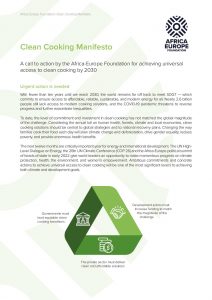
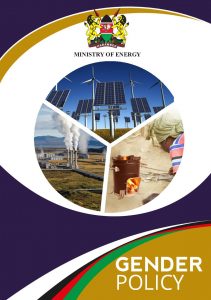
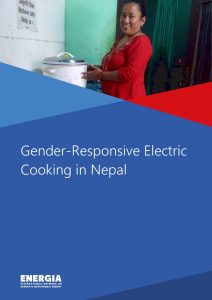
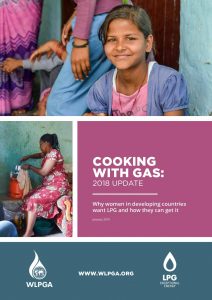
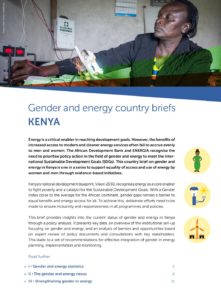
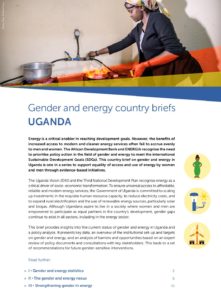
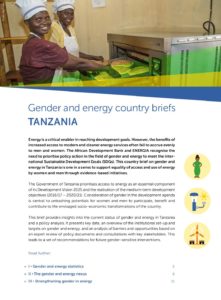
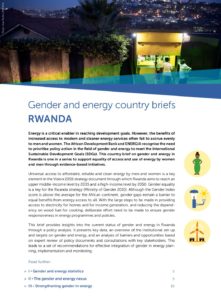
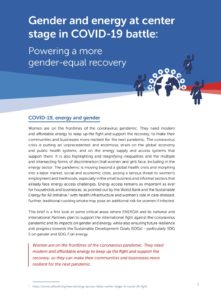
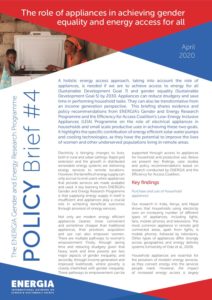
Follow us on: